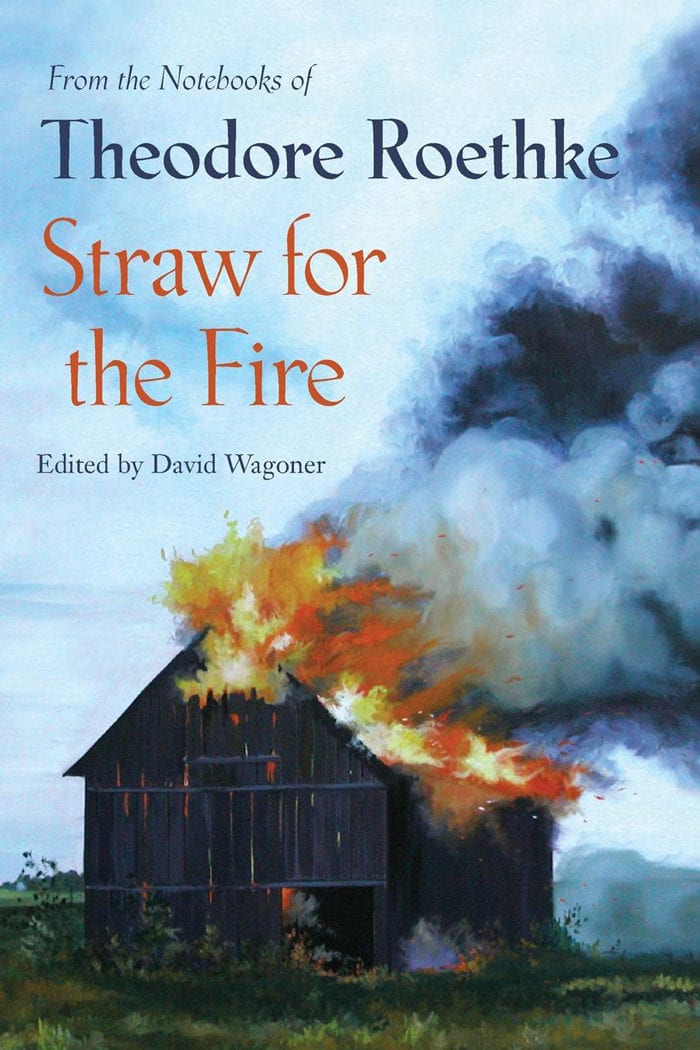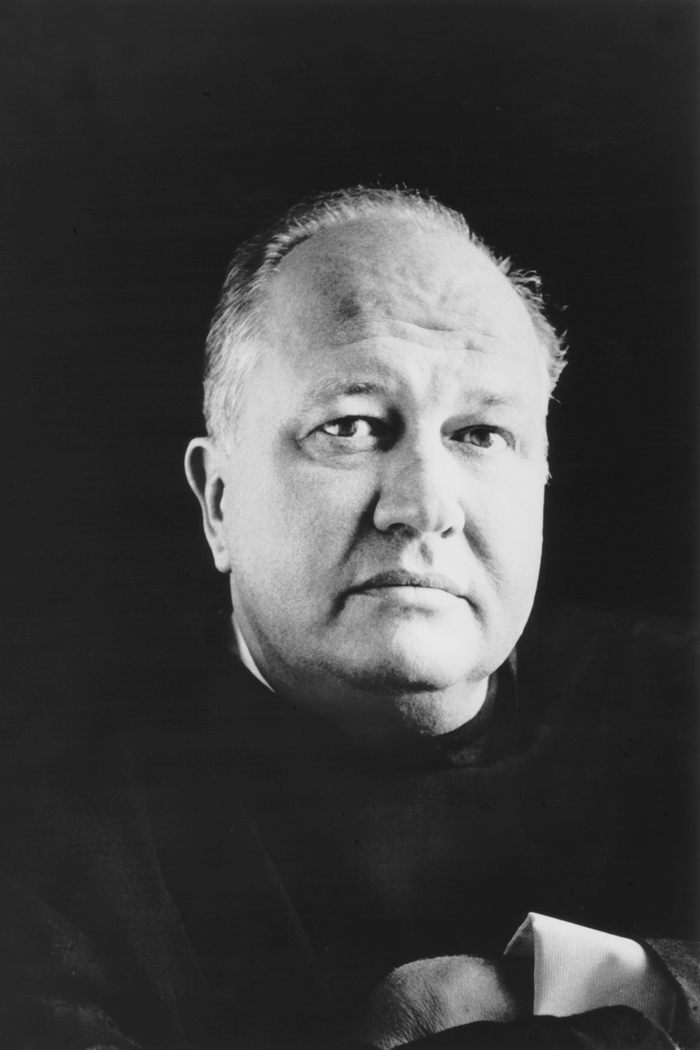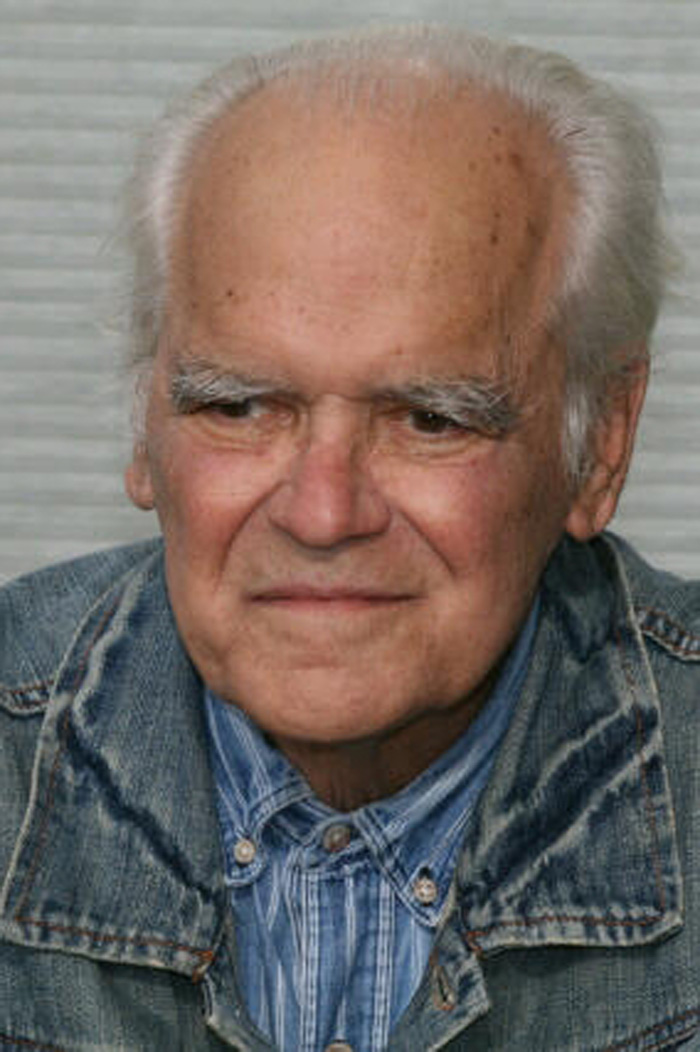
At his death, Pulitzer Prize-winning poet Theodore Roethke left behind 277 spiral notebooks full of poetry fragments, aphorisms, jokes, memos, journal entries, random phrases, bits of dialog, commentary, and fugitive miscellany. Within these notebooks, Roethke’s mind roved freely, moving from the practical to the transcendental, from the halting to the sublime.
Fellow poet and colleague David Wagoner distilled these notebooks—twelve linear feet of bookshelf—into a wise and rollicking collection that shows Roethke to be one of the truly phenomenal creative sources in American poetry.
ISBN: 9781556592485
Format: Paperback
Reviews
“Prose, verse, and lots of one-liners that are by turns comic, reflective, reactive, philosophical, and more appear in both kinds of assemblage [poetry and prose]. Those denominated poetry are primarily concerned with the stuff of lyrical meditation—the world, time, death, love, beauty, God—whereas those called prose find Roethke ruminating on his vocations as poet and teacher. In the introduction, Wagoner imparts that Roethke greatly admired Blake’s ‘Proverbs of Hell,’ and, indeed, there is a Blakean brilliance of paradox and image in these jottings. A gratifying addition to Roethke’s canon and to American literature.” —Booklist

